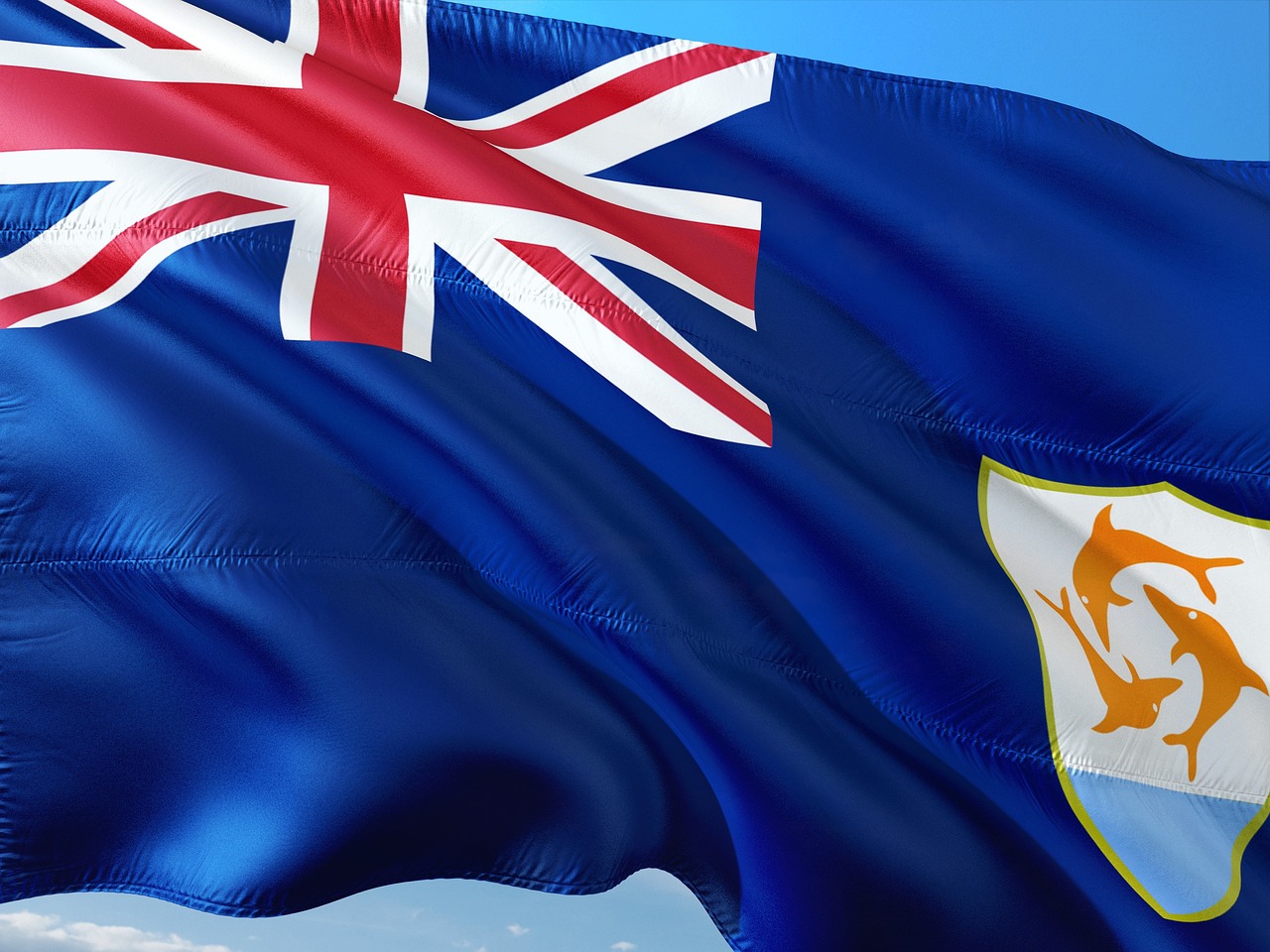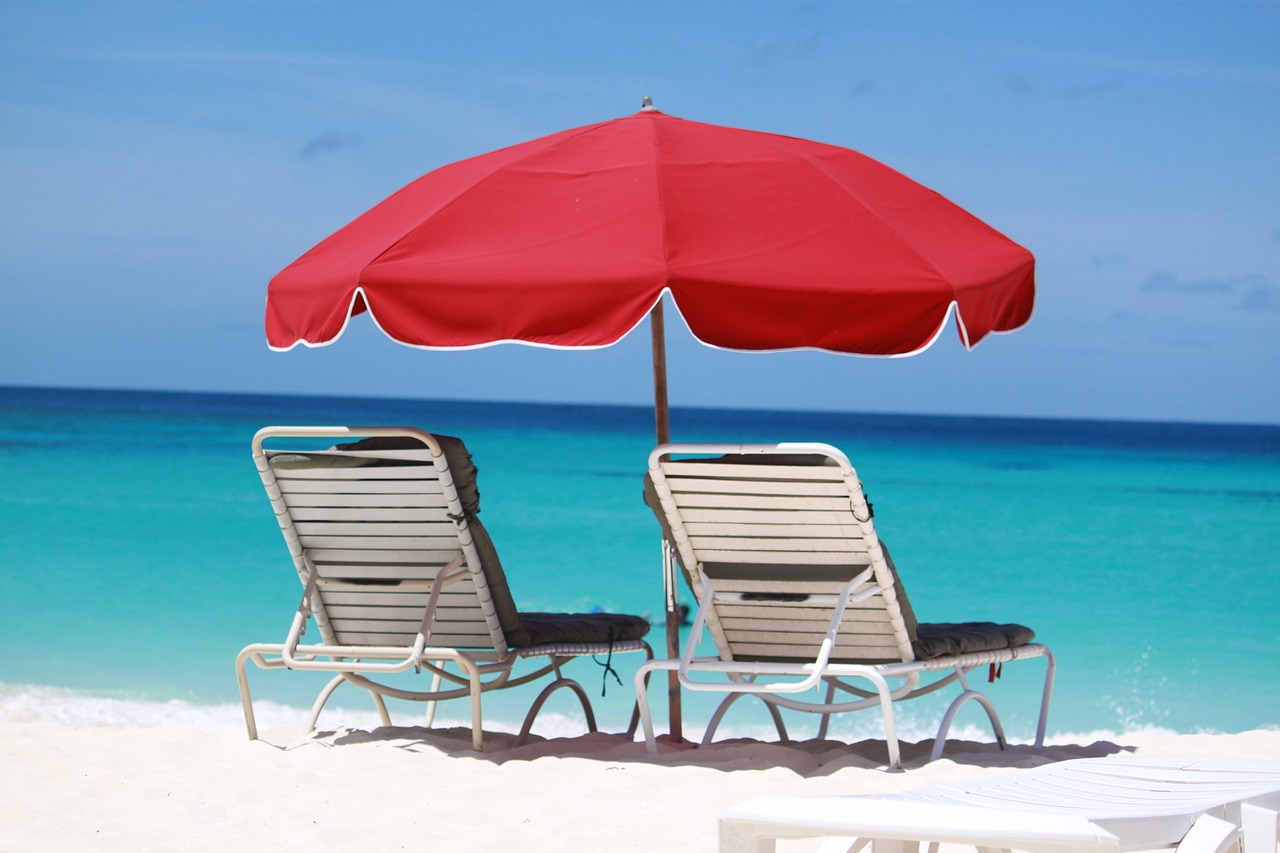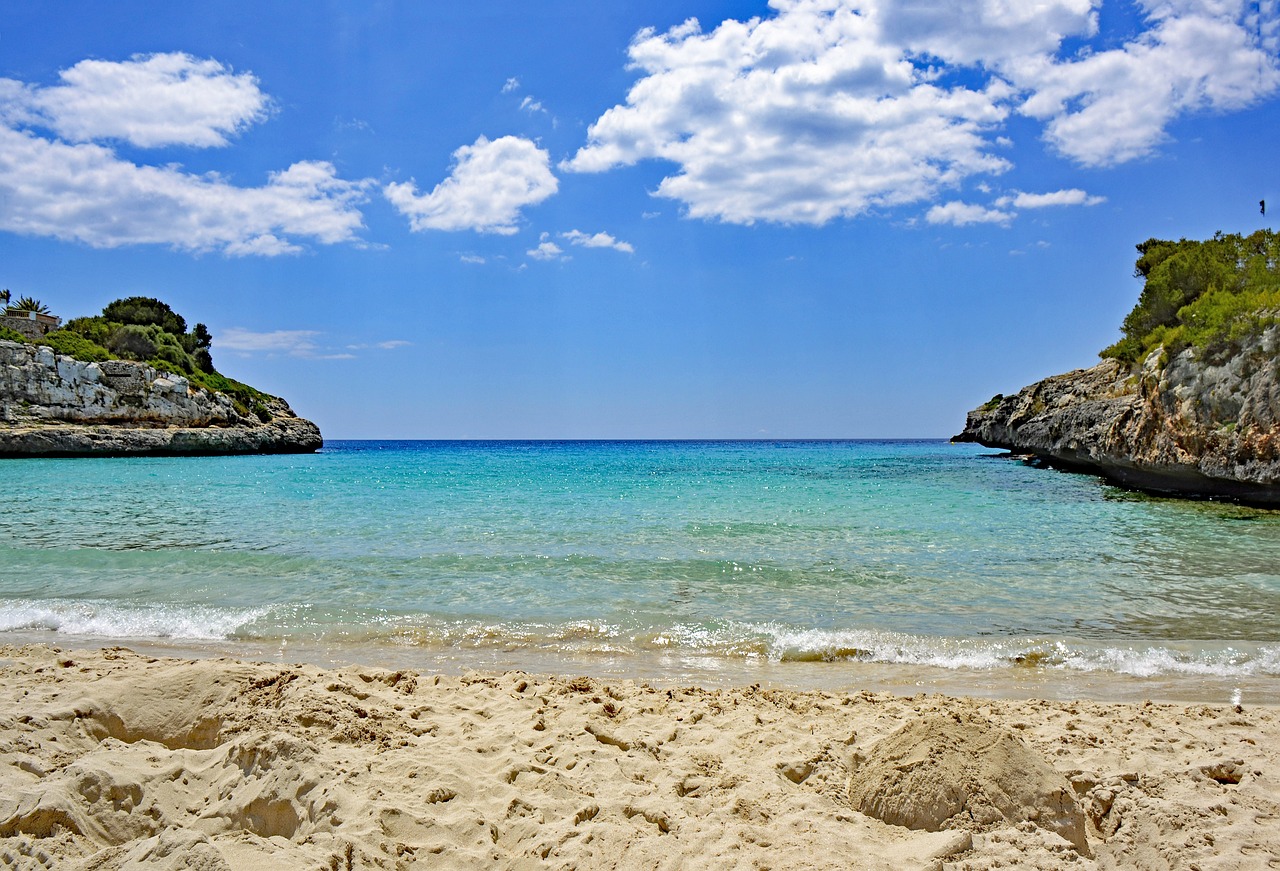Anguilla Video
Cultural Sensitivities: Understanding Local Norms in Anguilla
Anguilla, a stunning Caribbean island known for its pristine beaches and vibrant culture, has a rich tapestry of local norms and customs that visitors should be aware of. Understanding and respecting these cultural sensitivities will not only enhance your experience on the island but also foster positive interactions with the local community. In this article, we will explore various aspects of Anguillian culture and provide insights into the local norms that should be observed during your visit.
Language: Embracing Anguillian Dialect
The official language of Anguilla is English, but the island also has its own unique dialect known as Anguillian. While English is widely spoken and understood, immersing yourself in the local dialect can be a way to connect with the community on a deeper level. Here are some key phrases in Anguillian dialect:
- “What deh gwan?”: This phrase is a common greeting that translates to “What’s going on?” Use it to start conversations and engage with locals.
- “Mek we go beach”: Anguillians love their beaches, and this phrase means “Let’s go to the beach.” It can be used to suggest a fun outing with friends or family.
- “De ting sweet”: When something is enjoyable or pleasant, you can use this phrase to express your satisfaction. It means “The thing is sweet.”
By embracing the Anguillian dialect, you’ll not only communicate effectively but also show respect and appreciation for the local culture.
Greetings and Etiquette: Warm and Respectful Interactions
Anguillians are known for their warm and friendly nature. When greeting someone, it is customary to offer a friendly smile and a handshake. However, it’s essential to be mindful of personal space and avoid being overly affectionate, especially with individuals you’ve just met.
Respect for elders is highly valued in Anguillian culture. When interacting with older individuals, it is customary to address them with the honorific title of “Mr.” or “Ms.” followed by their last name. This gesture demonstrates respect and is greatly appreciated.
Additionally, punctuality is important in Anguilla. It is considered polite to arrive on time for social gatherings, meetings, and appointments. Being prompt shows respect for others’ time and is a valued trait in the local culture.
Attire: Casual and Respectful Dressing
Anguilla has a relaxed and casual dress code. Lightweight and comfortable clothing, such as shorts, t-shirts, sundresses, and sandals, are suitable for most occasions. However, when visiting religious sites or attending formal events, it is recommended to dress more modestly and respectfully. Avoid wearing swimwear or revealing clothing in such settings.
It’s also worth noting that Anguillians take pride in their appearance and appreciate when visitors make an effort to dress neatly and presentably. Dressing appropriately shows respect for the local culture and fosters positive interactions.
Religion: Respecting Spiritual Practices
Religion plays a significant role in the lives of many Anguillians, with Christianity being the predominant faith. Visitors should be respectful of religious practices and traditions. If attending a religious service, it is advisable to dress modestly and observe the customs and rituals followed by the congregation.
When visiting religious sites, such as churches or temples, it is essential to maintain a respectful demeanor. Avoid loud conversations, taking photos without permission, or engaging in any behavior that may disrupt the sanctity of the space.
Cuisine: Exploring Local Delicacies
Anguillian cuisine is a delightful fusion of African, European, and Caribbean influences. Exploring the local food scene is a must for any visitor. Here are some traditional Anguillian dishes to try:
- Saltfish and Johnny Cakes: This classic Anguillian breakfast dish consists of salted codfish served with fried dough, known as Johnny Cakes.
- Lobster: Anguilla is renowned for its succulent lobster. Indulge in grilled or steamed lobster dishes, often served with butter and local seasonings.
- Conch Fritters: Made from locally harvested conch, these deep-fried fritters are a popular appetizer. They are typically served with a tangy dipping sauce.
When dining at local establishments, it is customary to tip around 10-15% of the total bill as a gesture of appreciation for the service provided.
Music and Dance: Embracing the Rhythms of Anguilla
Music and dance are integral parts of Anguillian culture. The island is known for its vibrant music scene, with genres like soca, reggae, and calypso dominating the local airwaves. Attending live music performances and participating in traditional dances, such as the “Jollification” or “Maypole Dance,” is a fantastic way to immerse yourself in the local culture.
When enjoying music and dance events, it is customary to clap, cheer, and join in the festivities. Show appreciation for the performers and let loose on the dance floor to fully experience the joyous spirit of Anguillian music.
Environmental Stewardship: Preserving Anguilla’s Natural Beauty
Anguilla is blessed with breathtaking natural beauty, including pristine beaches, coral reefs, and lush landscapes. As a responsible visitor, it is crucial to respect and preserve the environment. Here are some eco-friendly practices to follow:
- Reduce, Reuse, Recycle: Opt for reusable water bottles, shopping bags, and eco-friendly products whenever possible. Dispose of waste in designated recycling bins.
- Protect Marine Life: When snorkeling or diving, refrain from touching or damaging coral reefs. Avoid littering and never feed marine animals.
- Conserve Water and Energy: Practice water conservation by taking shorter showers and turning off lights and air conditioning when not in use.
By adopting these sustainable habits, you contribute to the preservation of Anguilla’s natural wonders for future generations to enjoy.
Art and Craftsmanship: Supporting Local Artisans
Anguilla boasts a vibrant arts and crafts scene. Local artisans create stunning handmade products, including pottery, paintings, jewelry, and woven goods. When shopping for souvenirs, prioritize purchasing from local artisans to support the island’s creative community.
Engage with artisans, learn about their craft, and appreciate the unique stories behind each piece. By supporting local artists, you contribute to the preservation of Anguilla’s cultural heritage.
Image 1:

Festivals and Celebrations: Embracing Anguillian Traditions
Anguilla is known for its vibrant festivals and celebrations throughout the year. Participating in these events is an excellent way to experience the local culture firsthand. Here are a few notable festivals:
- Carnival: Anguilla’s Carnival, held annually in August, is a lively celebration featuring colorful parades, vibrant costumes, live music, and dancing.
- Moonsplash: This renowned music festival brings together local and international artists for a weekend of captivating performances on the beach.
- Boat Racing: Anguilla’s traditional boat races, known as “sailing regattas,” showcase the island’s seafaring heritage and offer thrilling spectacles on the water.
When attending festivals, respect the event’s customs and traditions. Observe dress codes, follow instructions from organizers, and engage respectfully with fellow attendees.
Image 2:

Local Customs: Respecting Tradition
Anguilla has a rich cultural heritage rooted in African, European, and indigenous influences. Respecting local customs is essential to fostering positive interactions and demonstrating cultural sensitivity. Here are a few customs to be aware of:
- Handshakes and Greetings: When greeting someone, offer a firm handshake and make eye contact. It is considered impolite to greet someone without acknowledging them.
- Respecting Elders: Show deference and respect to older individuals by using honorific titles and listening attentively when they speak.
- Table Manners: When dining with locals, observe basic table manners, such as waiting for the host to begin eating before starting your meal and keeping your elbows off the table.
By familiarizing yourself with these customs, you’ll navigate social interactions with ease and demonstrate your appreciation for Anguillian culture.
Image 3:

Conclusion
Understanding and respecting cultural sensitivities is crucial when visiting Anguilla. By embracing the local dialect, adhering to proper etiquette, dressing appropriately, and supporting local artisans, you’ll forge meaningful connections and contribute to the preservation of Anguillian culture. Remember to be mindful of the environment, participate in festivals, and appreciate the island’s rich traditions. Your cultural sensitivity will enhance your experience in Anguilla and leave a positive impact on the local community.
References
- anguilla-beaches.com
- anguilla-guide.info
- anguilla.com
- anguillatourism.com

